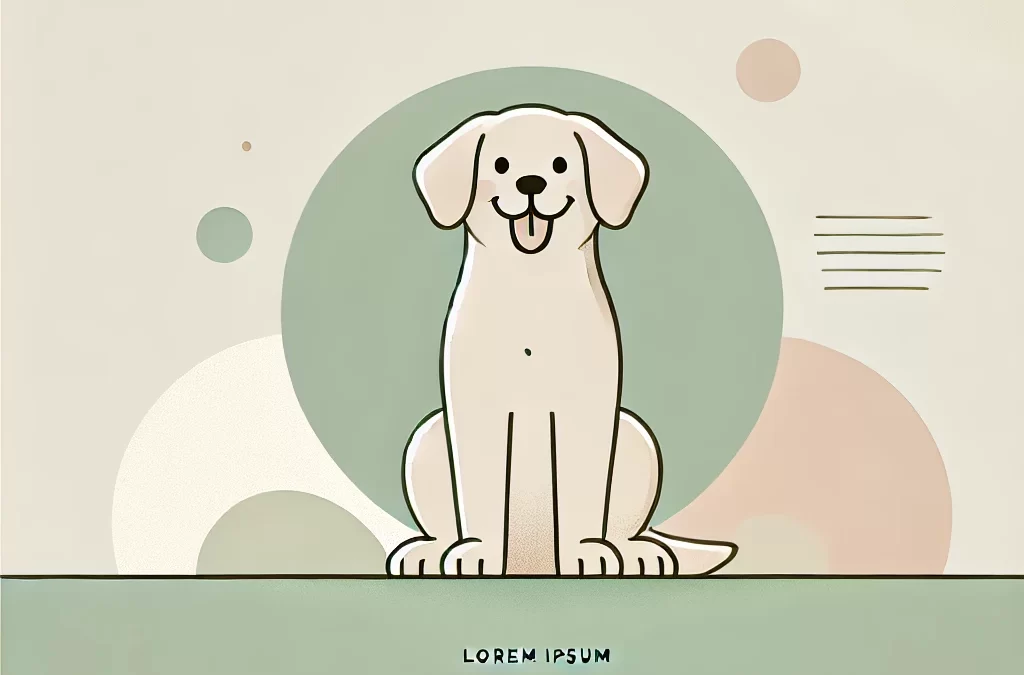Canine Transmissible Venereal Tumor (TVT) is a unique form of cancer in dogs, primarily transmitted through direct contact. While veterinary intervention is typically necessary, there’s growing interest in home-based supportive care to complement medical treatment. In this article, we’ll explore how innovative, natural, and holistic practices can play a pivotal role in managing TVT at home, emphasizing the importance of partnership with a veterinarian.
Understanding TVT: A Quick Overview
TVT is a contagious tumor that affects dogs’ external genitalia, mouth, or nose. Common symptoms include:
- Visible tumor growths
- Bleeding or discharge
- Discomfort or pain in affected areas
The primary treatment includes chemotherapy (usually with vincristine), surgery, or radiotherapy. However, these treatments may not always be accessible or affordable for some pet owners. This is where home-based supportive care can make a difference.
Revolutionizing Home Care for Dogs with TVT
1. Immune-Boosting Nutrition
A dog’s immune system plays a critical role in combating cancer. Providing nutrient-dense meals can support their overall health. Consider:
- Lean protein sources: Turkey, chicken, and fish to maintain muscle mass.
- Cancer-fighting foods: Blueberries, carrots, and broccoli contain antioxidants that combat oxidative stress.
- Omega-3 fatty acids: Found in fish oil or flaxseed oil, these help reduce inflammation.
Pro Tip: Avoid foods high in sugar and grains, which can exacerbate tumor growth.
2. Natural Remedies and Herbs
Natural therapies can provide relief and help manage TVT symptoms. Some promising options include:
- Turmeric (Curcumin): Known for its anti-inflammatory and anti-tumor properties.
- Chuanxiong (Szechuan Lovage): A traditional Chinese herb believed to improve circulation and support healing.
- CBD oil: Can help reduce inflammation, manage pain, and improve overall comfort.
Important: Always consult a vet to determine safe dosages.
3. Creating a Stress-Free Environment
Stress can weaken your dog’s immune system. Ensure your pet has a calm and comforting environment by:
- Providing a quiet resting space away from household noise.
- Using calming aids like lavender essential oil diffusers (in a well-ventilated room).
- Engaging in light, low-stress activities to keep them active and happy.
4. Wound and Tumor Care
If external tumors are present, they may bleed or become infected. Home care includes:
- Gently cleaning the affected area with saline solution to prevent infection.
- Using veterinary-approved ointments to promote healing.
- Monitoring for signs of infection, such as redness, swelling, or foul odor.
5. Strengthening Gut Health
Dogs undergoing TVT treatments often suffer from digestive issues. Probiotics and prebiotics can improve gut health and enhance nutrient absorption. Yogurt (without added sugar) or veterinary probiotic supplements can be added to their diet.
6. Alternative Therapies
- Acupressure and Massage: Can help improve blood circulation and reduce pain.
- Homeopathy: Remedies like Arsenicum album or Thuja are sometimes used for cancer support (under veterinary guidance).
What Home Treatment Can and Cannot Do
While these approaches can enhance your dog’s comfort and overall well-being, they cannot replace professional medical care. TVT is a serious condition that often requires chemotherapy or other veterinary treatments for a cure. Home care is best used as a complementary approach to improve your dog’s quality of life and support recovery.
A Holistic Approach Is Key
The idea of treating TVT at home isn’t about finding a miracle cure but about creating an environment where your dog feels nurtured and supported. By combining veterinary treatment with innovative home care practices, you can give your furry friend the best chance at recovery.
Final Thought
Managing TVT at home demands commitment, creativity, and collaboration with veterinary professionals. It’s not just about treating a disease; it’s about restoring hope, health, and happiness to your dog’s life. With this holistic approach, pet owners can take an active role in their dog’s healing journey, ensuring they receive the love and care they deserve.


